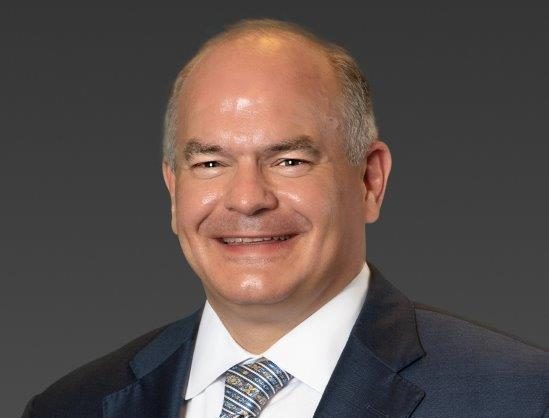Taking steps at each of these stages on the road to retirement could potentially help you maximize your income and minimize your taxes.
Years before a typical retirement, key dates and deadlines pop up — things like being able to make catch-up contributions to your retirement accounts in the calendar year you turn 50 or signing up for Medicare Part A at age 65, even if you are still working. If you are not aware of them, they are easy to miss.
“The decisions you make during pre- and post-retirement years can be important in determining how much money will be available during retirement, so it is important to understand these key dates and their implications,” says Debra Greenberg, director, Personal Retirement investment Solutions Group at Bank of America. It is also a good idea to check in with your financial advisor and tax advisors regularly in the years leading up to retirement to assess your progress toward you goals, she adds.
Below are seven important stops along the way to retirement readiness.
Age 50: Play catch up. You are now eligible to make “catch-up” contributions to 401(k) plans and other employer-sponsored retirement plans (if the plans permit catch-up contributions), as well as to IRAs. For IRAs, the annual catch-up contribution limit is $1,000. For 401(k)s and other employer-sponsored retirement plans, the annual catch-up contribution limit is adjusted periodically. As an added benefit, you may be able to reduce your current taxable income by increasing contributions to a tax-deferred traditional IRA or employer-sponsored retirement plan. The deductibility of IRA contributions depends on several factors, including your modified adjusted gross income and filing status, so consult your tax advisor.
Age 59½: No more early withdrawal penalty. Once you reach 59½, withdrawals from employer-sponsored retirement plans and IRAs are generally no longer subject to the additional 10% federal tax on early withdrawals — though you still may owe regular income tax on the distributions. For a distribution from a Roth IRA to be federally tax free, it must be qualified. A tax professional can help you with these rules. But it may be better to keep your retirement savings or investments intact, so you do not sacrifice potential growth, suggests Greenberg.
Age 62: To claim Social Security or not? Age 62 is the minimum age at which you can choose to begin receiving Social Security retirement benefits. But bear in mind that for each year you postpone taking this benefit (until age 70), your monthly check will be larger.
Age 65: Time to apply for Medicare. At age 65, if you are already receiving Social Security, you are automatically enrolled in both Parts A and B of Medicare. But if you are not yet receiving Social Security, you will need to apply for Medicare. Your initial enrollment period (IEP) lasts for seven months, beginning three months before the month in which you turn age 65. Missing your enrollment date may mean higher premiums for the rest of your life, but you can still sign up during one of the designated annual enrollment periods.
Ages 66 to 67: You have reached full retirement age. Your full retirement age for Social Security is the age at which you become eligible for full or unreduced retirement benefits. If you were born between 1943 and 1954, your full retirement age is 66. If you were born between 1955 and 1959, your full retirement age is 66 plus two months for each year after 1954. For example, if you were born in 1956, your full retirement age is 66 and four months. If you were born in 1960 or later, your retirement age is 67. If you were born on January 1, use the previous year to determine your full retirement age.
Age 70: Claim your maximum benefit. If you have waited until your 70th birthday to begin taking Social Security, you will now get the biggest possible monthly benefit, which may be as much as 77% larger than if you had started receiving payments at age 62. Any further delay in claiming will not increase the size of your heck.
Early 70s: Access what you have saved. Even if you do not feel ready to start withdrawing funds from your IRAs and employer-sponsored retirement plans, the government generally requires you to do so once you reach a certain age. The amounts of these required minimum distributions, or RMDs, will vary from year to year, depending on the value of your retirement plan accounts and your age. Failing to take an RMD, or taking an insufficient amount, can result in costly additional taxes. Choosing an appropriate distribution strategy can help you avoid issues and make the most of your retirement assets. For details on the latest legislation and regulation impacting your investment accounts, the age at which you must take RMDs and the amount of your RMDs, be sure to consult with your tax professional.
For more information, contact Merrill Lynch Wealth Management Financial Advisor Jeffery D. Price of Price & Associates at [email protected] or 817-410-4940.
(Sponsored content)
















